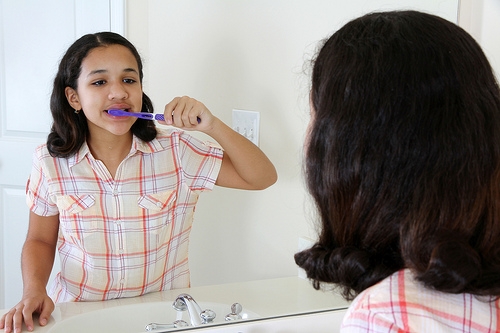Common Emergency Visits: From lost fillings to broken dentures
February 25th, 2026

You never know when you're going to experience a dental emergency, but if you do, it should give you peace of mind to know that emergency dental care is available at our office 24/7. Whether you chip your front tooth playing softball, or your child knocks out a couple of teeth in a playground fall, receiving the emergency dental treatment you need is accessible and convenient.
If you're experiencing a dental emergency, our team at Pioneer Dental is here to help you any time of the day or night. Dental emergencies should not be taken lightly, so don't delay. Contact our office as soon as possible. Common dental emergencies include the following:
Lost Fillings and Crowns
Fillings are used to repair cavities. Crowns, on the other hand, are used to cover broken or damaged teeth. Over time, it’s possible for both of these items to loosen and fall out. A lost filling or crown can be painful, because the exposed tissue may be sensitive. Hot and cold temperatures will cause discomfort. While a lost filling or crown might not be as severe a dental emergency as a broken or chipped tooth (most people respond quicker to pain than self-consciousness about their looks), you need to get it fixed as soon as possible.
Broken Dentures
If your dentures are broken, everyday tasks may become trying and arduous. If you can’t chew, swallow, or eat properly, the situation calls for emergency care. Depending on how damaged your dentures are, Dr. Carl Meyers may need to send out a mold of your mouth in order to have the manufacturer make a new pair. On the other hand, if the dentures are not damaged too badly, then we may be able to fix them in-house. If you're having problems with your dentures, you should give us a call as soon as possible.
From chipped and cracked teeth to lost fillings and broken dentures, dental emergencies come in all shapes and sizes. Emergencies are unexpected, but we want you to know that treatment is available, day or night. When your dental health is at risk, we are here to help. In the case of a dental emergency, don't wait; contact our West Bend, WI office at your earliest convenience.






